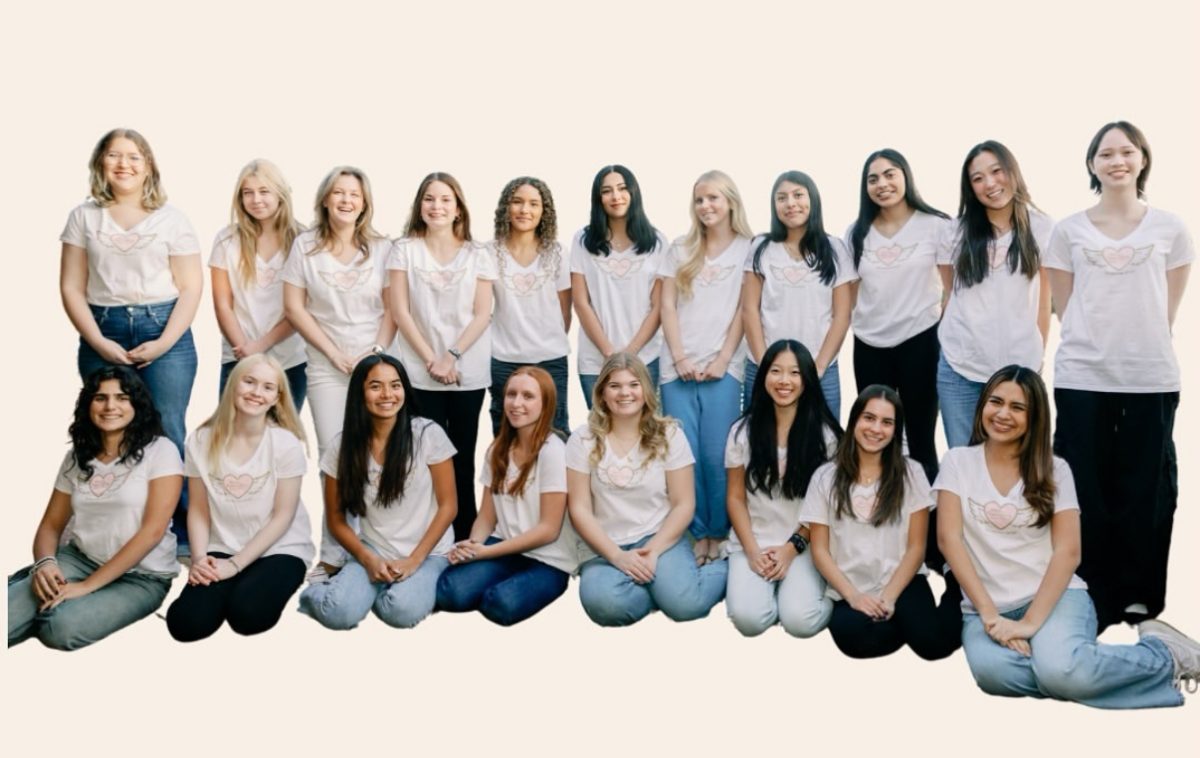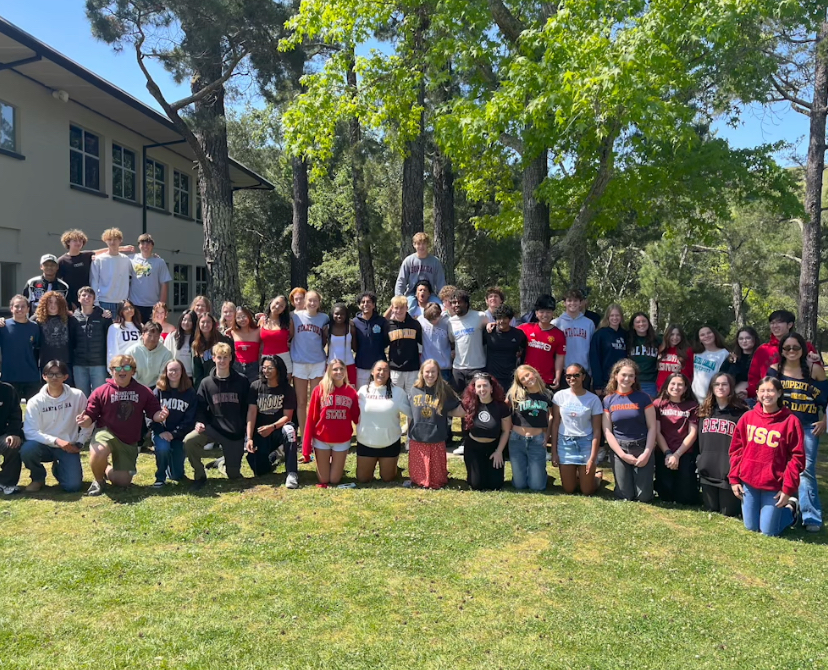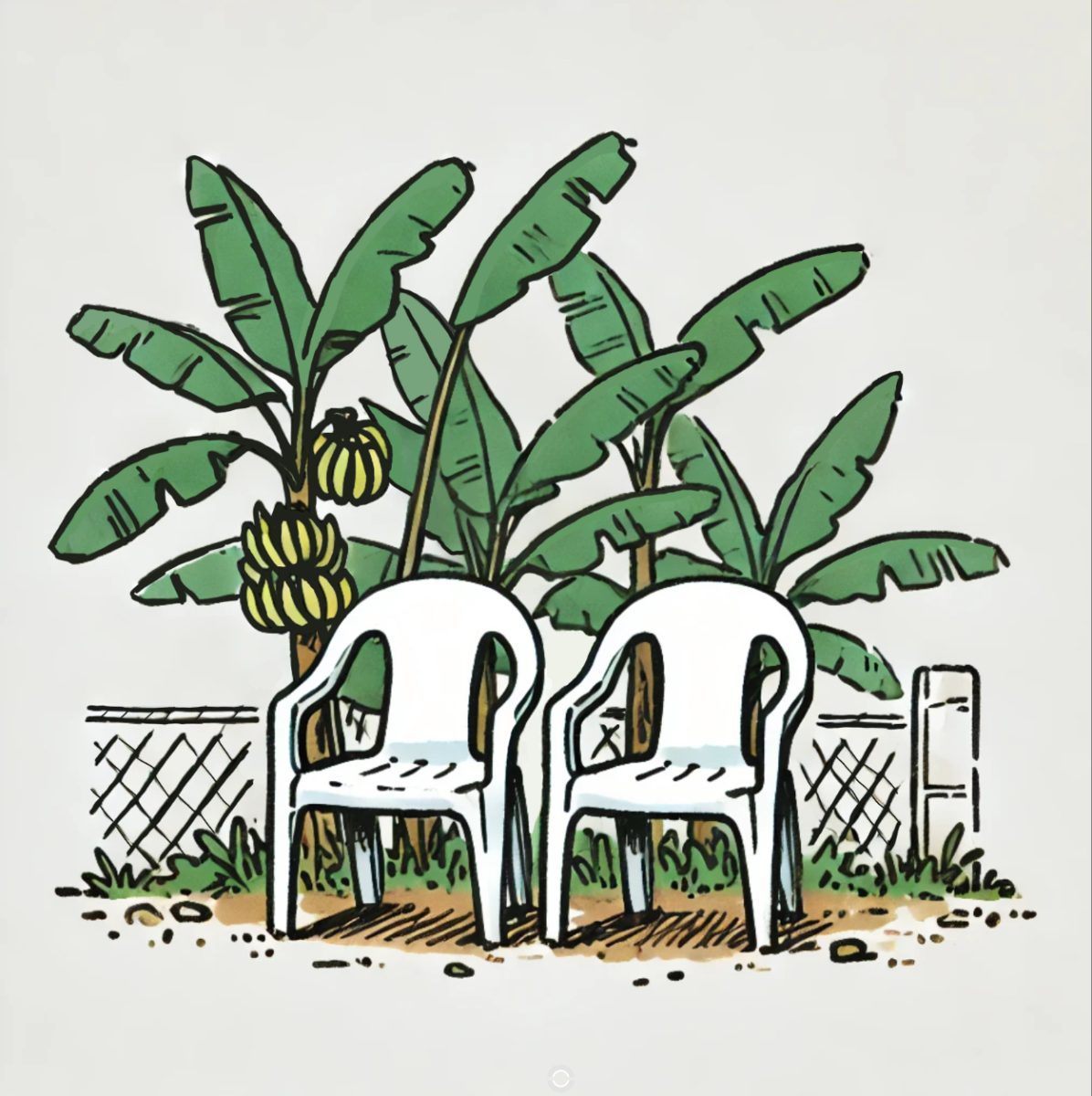Qatar: the World Cup of human rights violations
Soccer ball inside the net.
December 13, 2022
The World Cup is one of the few events that truly spans the globe, enrapturing fans throughout the world through their passion for soccer and desire to root for their home team. This event is held every four years and that’s what makes the World Cup particularly special. But this year is special for a different reason: It will be the first World Cup in the Middle East, specifically in Qatar. With several complaints of human rights violations, an authoritarian country such as Qatar should never have the right to host an event of such a large proportion and significance.
In 2010 FIFA (Federation Internationale de Football Association) made the controversial and questionable decision to give Qatar the right to host the 2022 World Cup. Since the moment of its choice, Qatar has been a target of international criticism, with heavy accusations such as having paid FIFA officials 3.7 million dollars to support FIFA’s decision to host in their countries. Additionally, to build the stadiums, Qatar employed many foreign workers to help with construction. These immigrants were under the control of Kafala. Kafala is a requirement inspired by an interpretation of Muslim Law, the Sharia, a law that leaves immigrant workers in unsafe conditions and vulnerable to employers and private entities. The problems appear when these private entities do not offer good working conditions and, in addition, have low wages. The required labor under high temperatures and the terrible housing conditions caused physical and mental damage. According to The Guardian, more than 6,500 workers died in Qatar during the construction of the stadiums. These deaths are totally unacceptable and are not representative of what we expect from a prestigious international sports tournament.
In contrast, many believe that Qatar would be good to host the biggest soccer event in the world because the country is constantly growing in regards to infrastructure, transport, economy, and politics. According to Menhran Kamrava, director of the Center for Regional and International Studies at Georgetown University, Qatar is currently a “tiny giant” and a role model country. In addiction, as a country that has recently been one of the biggest investors in world soccer, such as the Paris Saint Germain (the most expensive soccer club in the entire planet), Kamrava believes that Qatar deserved to host the tournament. He also claims that politics and human rights shouldn’t be discussed in soccer; however, not everyone agrees with this statement.
Soccer is a game based on teamwork, cooperation, inclusion and openness. This sport is loved by millions of people precisely because of this. Qatar isn’t representative of these values. Qatar is believed to be a supporter of extremist groups such as the Islamic State and Al-Qaeda groups that have brought harm to many people around the world. Although they have been generously investing in the sport, this cannot be an excuse to turn a blind eye to human rights violations. I personally feel guilty watching World Cup matches being played in modern stadiums built on the backs of desperate people who sacrificed their lives for us to enjoy the beautiful game.
The emotions and positive feelings that the cup brings will never make up for the losses that many families had behind the scenes of the biggest soccer event on the globe. Unfortunately, this is a symptom of a larger issue of authoritarian countries that do not respect universal values. Therefore, I believe that countries with authoritarian and extremist ideologies shouldn’t be considered for the World Cup by FIFA.






























